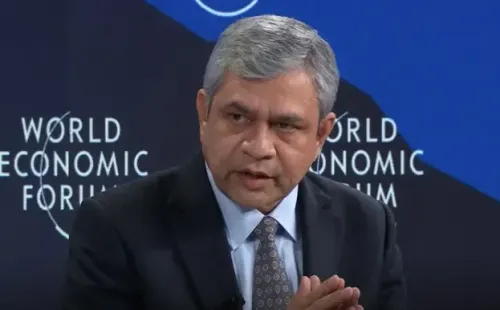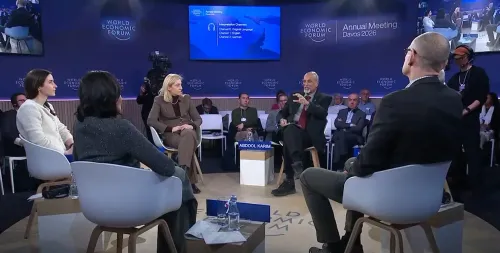Why is USTR Collecting Comments on Pharmaceutical Price Suppression?

Synopsis
Key Takeaways
- USTR seeks public feedback on pharmaceutical pricing.
- Initiative follows Trump's executive order on drug costs.
- Concerns raised over South Korean firms' pricing policies.
- Feedback aimed at protecting U.S. national security.
- Deadline for comments is June 27.
Washington, May 24 (NationPress) The U.S. Trade Representative (USTR) has initiated a process to gather public feedback on instances of pharmaceutical product prices being kept below market value in other nations. This action is part of its initiative to combat what it terms "freeloading" on U.S.-funded medical research.
The USTR's call for comments, due by June 27, follows an executive order signed by President Donald Trump earlier this month aimed at reducing the cost of prescription drugs for American citizens to align with prices in other nations, as reported by Yonhap news agency.
This development has raised concerns that South Korean pharmaceutical companies might face increased scrutiny from the U.S., especially considering the USTR's previous criticisms of South Korea's pricing strategies for medications.
The USTR has stated, "We welcome insights from stakeholders regarding any actions, policies, or practices that could be deemed unreasonable or discriminatory, or that may jeopardize the national security of the United States, especially those that result in American patients financing a disproportionate share of global pharmaceutical R&D." This information is available in a public docket.
In its annual report on foreign trade barriers released in March, the USTR highlighted concerns from the U.S. pharmaceutical and medical device sectors regarding the perceived lack of transparency in Korea's pricing and reimbursement policies, as well as insufficient opportunities for stakeholder engagement in proposed policy modifications.
Additionally, President Trump has threatened to impose a 25% tariff by the end of next month on smartphones produced by Apple, Samsung Electronics Co., and others unless they manufacture their products in the United States. This warning came shortly after he posted on social media, stating that if iPhones are not produced domestically, Apple must incur "a tariff of at least 25 percent to the U.S."
Trump reiterated that those companies producing in the U.S. would not face such tariffs.










